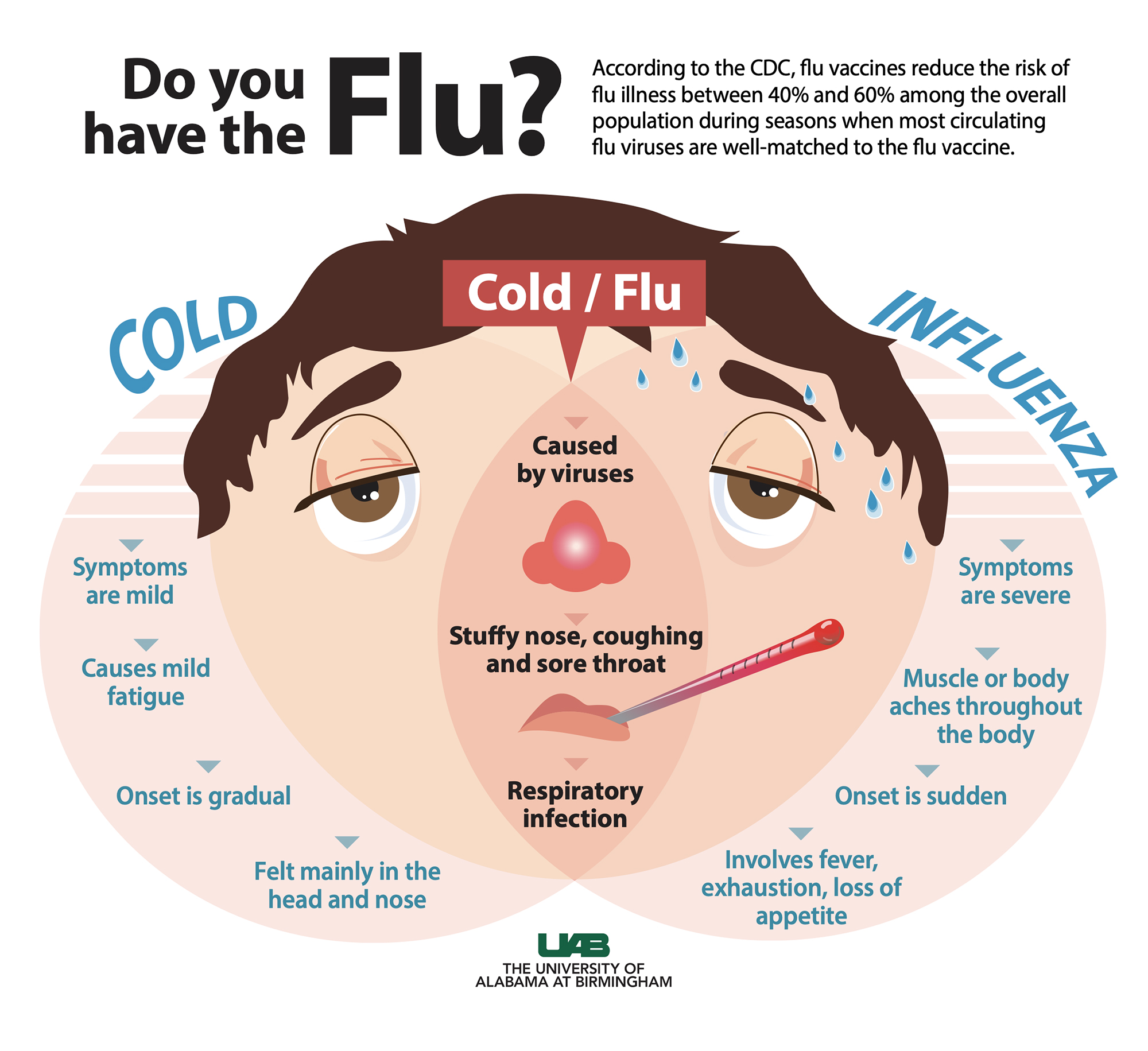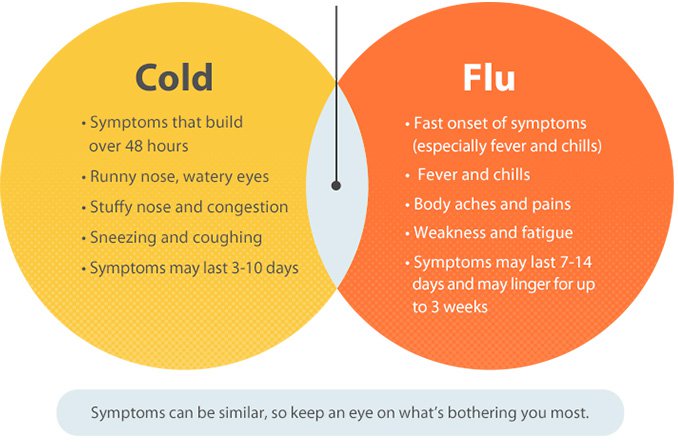What Causes Frequent Flu And Cold
Cold and flu season is upon us, and it's important to know the difference between the two. While they may share similar symptoms, such as coughing and sneezing, their origins and treatments are distinct.
Cold Symptoms

A cold typically starts with a sore throat, followed by a runny or stuffy nose and coughing. Other symptoms may include a headache, body aches, and mild fever. A cold usually lasts for about a week and can be treated with over-the-counter medication, such as acetaminophen or ibuprofen, and lots of rest.
Flu Symptoms

The flu comes on suddenly and is more severe than a cold. Symptoms include fever, coughing, sore throat, muscle and body aches, headaches, and fatigue. In some cases, people may also experience vomiting and diarrhea. The flu is usually treated with antiviral medications, such as Tamiflu, and requires lots of bed rest and hydration.
The main difference between a cold and the flu is the severity of the symptoms and how quickly they develop. Understanding which one you have can help you seek the right treatment and avoid complications, such as pneumonia.
Cold and Flu Prevention
The best way to avoid getting sick is to practice good hygiene. Wash your hands frequently, especially before eating or touching your face. Use a tissue or your elbow to cover your mouth and nose when coughing or sneezing. Avoid close contact with sick people and stay home if you are feeling ill.
Another way to prevent the flu is to get a flu shot. The vaccine is widely available and recommended for everyone over the age of six months. It's especially important for people with weakened immune systems and those who work in healthcare.
Conclusion
Cold and flu season can be a challenging time, but by understanding the differences between the two and taking preventative measures, you can stay healthy. If you do fall ill, it's important to seek appropriate treatment and rest until you are well again.